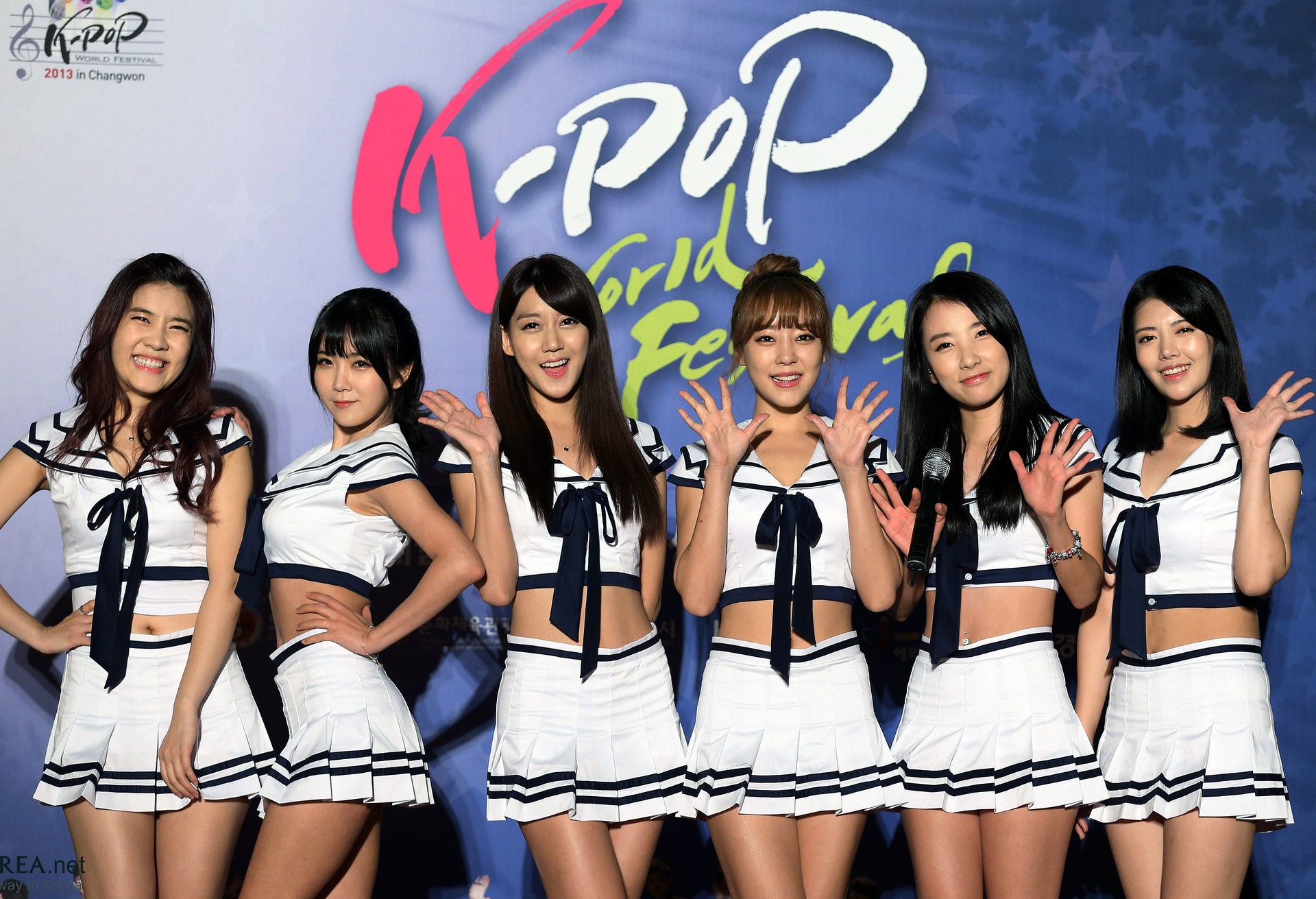[x_alert type=”info”]An edited version of this article is appeared on The Dissolve.[/x_alert]
Confucianism is long dead as a dominant principle or ideology in Eastern Asia, yet it has been often summoned by scholars who attempt to analyze the culture and the society of Eastern Asia.
While it’s true that a once-dominant ideology in a society may still exert a significant influence even long after it lost its dominant status or officially dead, how many of ‘Confucianism theories’ on South Korean culture and society are really accurate?
Take Michael Hurt’s thesis on K-pop for example. It gained quite a traction from social media in recent months and I also stumbled upon it. Though I personally enjoyed his (unnecessarily, indeed) long piece as a primer on cultural studies (and the concept of porn), I was not quite sure with his assertion that K-pop is neo-Confucian pornography.
Days after Hurt’s piece was translated into Korean, a South Korean researcher wrote a scathing criticism of it.
Lee Woo-chang, a literary critic, pointed out a basic error from the Hurt’s logic on why K-pop is neo-Confucian pornography: affirming the consequent.
- Korean neo-Confucianism (P) makes women into an object of pornography (Q): P→Q
- K-pop (R) makes women into an object of pornography (Q): R→Q
- Thus, K-pop (R) is neo-Confucian (P) pornography: R→P (ERROR)
Hurt needs more than this simple error in logic to persuade his argument to the reader. Yet what he lists as the features of neo-Confucianism are hardly distinct from any misogynistic culture around the world, Lee argues:
Hurt’s remarks on neo-Confucianism include: [the role of] “which is to keep women in a lower class/power position in relation to men” / “how valuable women’s chastity is as a commodity and the linchpin of her basic value as a human being”/ “Women were regarded as subjectless bodies” / “girls […] were valued mainly by their capacity to make babies.” One who ever looked into feminism and misogyny will easily notice that most of his remarks on neo-Confucianism can be found in most of the male-centric cultures. […] There is no reason to believe what he argues to be ‘Confucianist view on women’ to be actually Confucianist, thus K-pop is neo-Confucian pornography unless he points out a meaningful distinction between Confucianist view on women and that of other cultures.
Furthermore, even though Hurt expresses his wariness of “Confucianism trap” in his thesis, Lee argues that Hurt made himself fall right into the trap:
While he criticize the worn-out error in Korean studies, he never mention any sources other than neo-Confucianism in explaining Korean culture in the 2010s. Like many modern societies, South Korean society was born out of crashes and compromises of various cultural sources. If you are to understand South Korean pop culture in the 90s, to peruse the influences from the US, western Europe, Hong Kong, and above all, Japan is necessary, not to mention South Korea’s own legacy til the 80s. […] Why should neo-Confucianism, not Japanese porn culture [which directly influenced the Korean porn culture, including Rotta’s works Hurt cites], be a prime element of K-pop’s pornographic nature?
Lee concludes his criticism with condemning assessment:
It doesn’t look like he is capable of analyzing modern Korea in an academic way. He’s not aware of various influences that take part in the modern Korean culture, nor does he know Confucianism well. I, who was trained in an adjacent field, don’t personally think he’s good at analyzing cultural texts. While he summons unnecessarily various concepts, it is critical that his argument has a basic logical error. We can criticize K-pop’s pornographic nature and we can argue how inappropriate Confucianism is for the modern Korean society. However, there is no need to take time to read this worthless article.
Hurt’s understanding of Korean neo-Confucianism is dependent upon Taeyon Kim’s 2003 thesis Neo-Confucian Body Techniques: Women’s Bodies in Korea’s Consumer Society. I am not in a position to review her thesis, however, Jean Soh, who holds a doctorate on Eastern political thoughts, left several comments which refute what Hurt quotes from Kim.((Soh wasn’t able to answer my questions regarding her assessment on Kim’s thesis due to her hectic schedule. I’ll update this post after getting in touch with her again soon.))
It’s too early to say this, but I’ve been feeling that a lack of vigorous discussions on neo-Confucianism in English might have led to a situation like we witness.

Leave a Reply